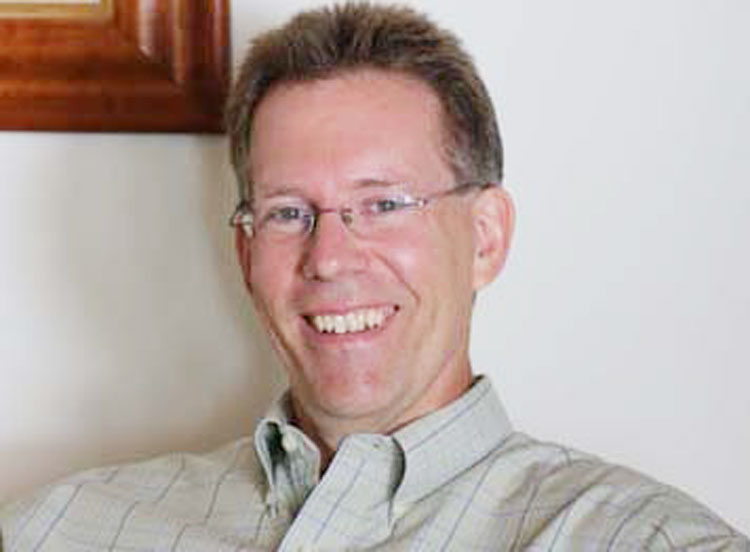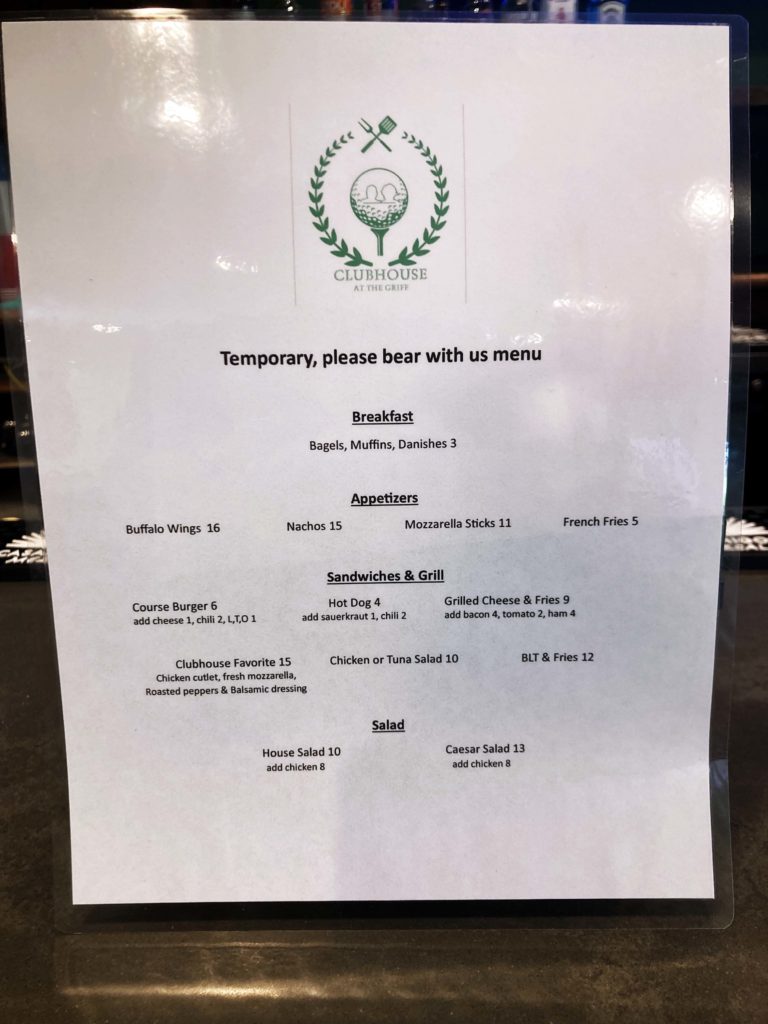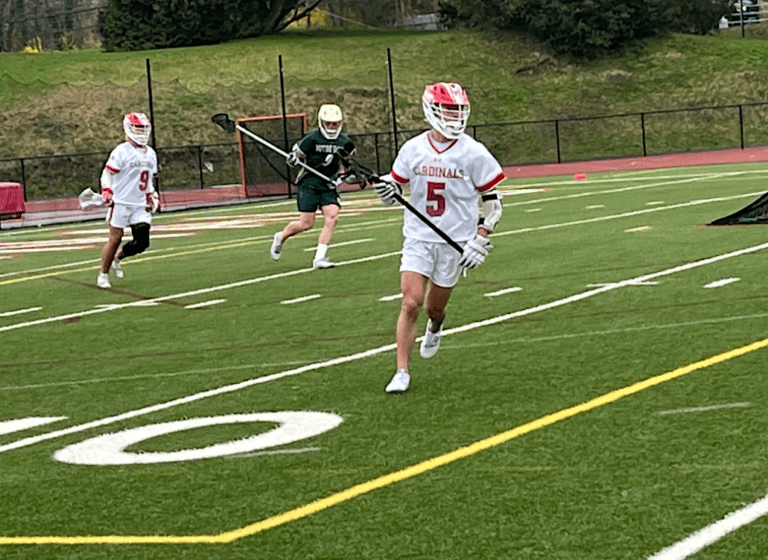

By: Rev. Dr. Ed Horstmann
I once saw a cartoon in The New Yorker magazine that showed a man sitting on a sofa and a woman (noticeably pregnant) sitting beside him. As they look through a book of baby names, she says: “Remember: we want her to stand out and fit in.”
It can be good to belong to something in a way that feels like a great fit, and to know that we fit in because our gifts are needed. Sometimes, however, we must stand out, and go against the grain. After all, what would the world be like without odd ducks who dare to question unquestioned attitudes or assumptions?
I’m thinking that the Rev. Samuel Willard was the kind of person who knew how to fit in and stand out.
Willard was the pastor of the Third Church in Boston, Massachusetts. He served that congregation from 1678 until 1707 and on May 30, 1694 he preached an Election Day sermon: the annual election sermon was a vibrant New England tradition, introduced in the 1600s and lasting until the latter years of the nineteenth century. It was a message delivered to those who had been elected to positions of leadership in local government, and to those who had elected them.
Willard’s message that day was titled, The Character of a Good Ruler. As he preached he devoted special attention to the magistrates who had just been elected to their positions. They were part of his flock, and from them he expected wise and compassionate leadership for the common good.
But the Rev. Willard didn’t neglect to address others who had gathered for worship that morning. His congregation included people who may have considered themselves much less powerful than those elected officials. But without them and their votes the magistrates would not have been elected to office.
And Samuel Willard also acknowledged the memories of an event that had taken place two years earlier in the Boston area: the Salem Witch Trials. He had direct experience of that tragedy. Some members of his congregation had been accused of witchcraft. Some of the accusers were also members of his congregation. Samuel Willard was pastor to all of them. And he risked his pastoral authority, and even his life, to serve as a voice of reason throughout the hysteria. He was instrumental in helping to disband the tribunal that was responsible for the deaths of twenty people by state execution. Thank God, he was willing to stand out when standing out was required.
Looking out over the congregation from his pulpit, Willard insisted that a civil ruler “must be one who preferred the public benefit above all private and separate interest, must be above flattery and bribery, and must hate ambition and covetousness.” He emphasized, “A people are not made for rulers but rulers for a people…”
Samuel Willard also challenged his congregation. How did they want to be remembered? As people who could be counted upon to raise their hands high in acts of responsible leadership, or as people who would sit on their hands when leadership was most required?
In the Presbyterian Church where my faith was first raised, a communion table stood at the front of the sanctuary, on it these words: “Do this in remembrance of me.” Those were among the last words that Jesus spoke to his friends, offered as he shared a meal with them, and when you’re conscious of speaking last words, you want to say something that will last. He was telling them how he wanted to be remembered. “Do this,” he said, “break bread and pour wine because that will remind you of the generosity of God that flowed from me, and the inclusive love of God that flowed from my heart, and the tenderness of God that worked through my hands.” In other words, live as I lived.
In this election season, in the midst of a global pandemic, how do we want to be remembered? What matters of lesser importance will we set aside so that we can set our hearts where true joy is to be found? What will we choose not to do so that we can focus on what most needs to get done? Like devoting attention to the care of creation for the sake of future generations. Like practicing patience and decency with friends and strangers alike, and especially those whose political views may differ from our own.
Maybe the Election Day sermon we most need to hear comes from Parker Palmer, who writes about how to renew the spirit of democracy in our world. He says, “A community consists not only of specialized professionals but of generalized amateurs. It is worth recalling the root meaning of that word amateur: it means lover or to love. The key to curing is care, and it seems more and more obvious that the dis-eases of our time will be cured not only by professionals, but by an abundance of amateurs who care.”
Amateurs who care: not a bad job description for those who want to be well remembered.




